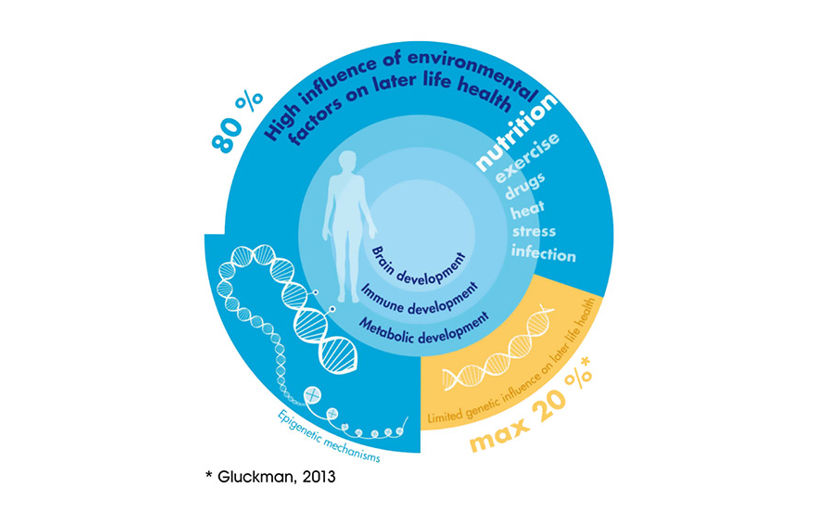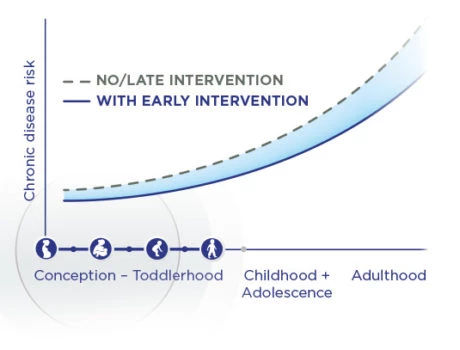The incidence of non-communicable diseases (NCDs) like cardiovascular disease (CVD), allergy, diabetes and obesity has rapidly increased over the past two decades becoming one of the leading causes of premature morbidity, disability and death globally4. The performance of the UK in terms of premature mortality is persistently and significantly below the mean of comparable countries5.
In addition:
- Cases of CVD are expected to rise to 2.8million by 20206
- 300,000 cases of cancer are diagnosed every year6
- 4.05 million people in the UK have been diagnosed with diabetes7
- 70% of NHS spending is on people with long term conditions6
Do you have a question?
Contact our team of experts for guidance on the use and composition of our product range, for support with queries regarding your Nutricia account and sampling service or to get in touch with your local Nutricia representative. We are available Monday to Thursday 9am-5pm and Friday 9am-4pm (except Bank Holidays)

You may also be interested in
Help us provide information most relevant to you
Please ensure your role and areas of interest are up to date.



